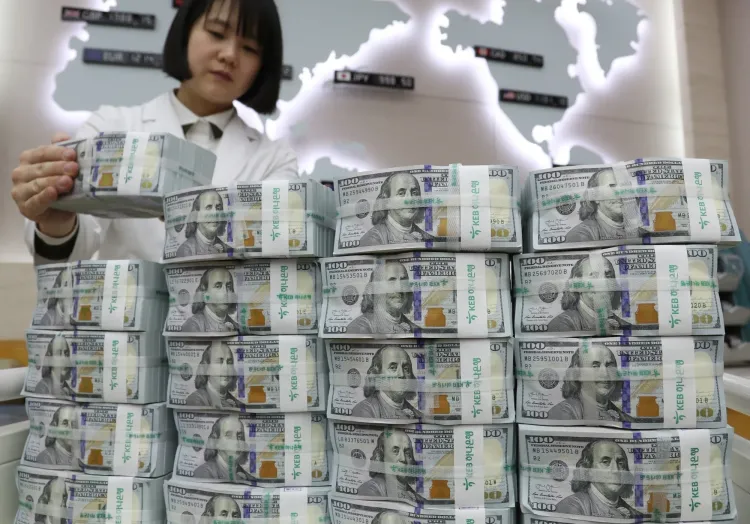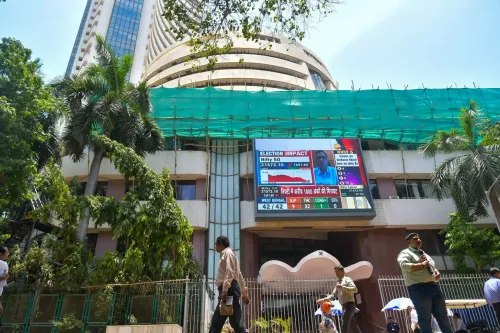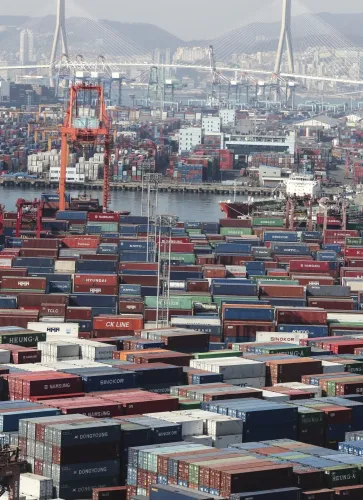Why Are Finance Workers in S. Korea Striking for a Shorter Workweek and Higher Pay?

Synopsis
Key Takeaways
- Low participation in the strike indicates potential lack of support among workers.
- The union is seeking a 3.9 percent wage increase and a 4.5-day workweek.
- Management's counteroffer is a 2.4 percent wage hike.
- Average salaries in banking are notably higher than in other sectors.
- Foreign currency deposits are at their highest since January 2023.
Seoul, Sep 26 (NationPress) Unionized workers in the financial sector organized a one-day walkout on Friday, advocating for a shorter workweek and increased salaries. However, participation was low, and banking activities were largely uninterrupted, according to officials. Members of the Korea Financial Industry Union (KFIU) initiated this strike as previously announced, seeking a 3.9 percent salary increase and the implementation of a 4.5-day workweek, as reported by the Yonhap news agency.
The strike serves as a “warning,” with future actions contingent on the outcomes of ongoing negotiations, the union stated.
In related discussions, however, management countered with a proposal of a 2.4 percent wage hike and expressed indifference towards the shorter workweek request.
The KFIU had anticipated participation from around 80,000 of its 100,000 members, but significantly fewer took part.
“The demand does not seem to have garnered strong backing, both from the public and even among union members,” remarked a bank official. “Almost all branches are functioning normally without any disruptions.”
Employees in the banking industry typically receive comparatively high salaries versus other sectors. Last year, the average annual compensation for employees at the five major banks reached nearly 120 million won (approximately US$85,088).
Meanwhile, data released on Friday revealed that foreign currency deposits in South Korea spiked to their highest in more than 2.5 years, largely attributed to corporate deposits, according to central bank statistics.
Outstanding foreign currency deposits held by residents amounted to US$107.64 billion at the end of August, marking a rise of $2.49 billion from the previous month, as per the Bank of Korea (BOK).
This figure represents the highest level since January 2023, when foreign currency deposits reached $109.25 billion.
Residents include South Korean citizens, foreigners living in the country for over six months, and foreign enterprises. The data does not include interbank foreign currency deposits.









